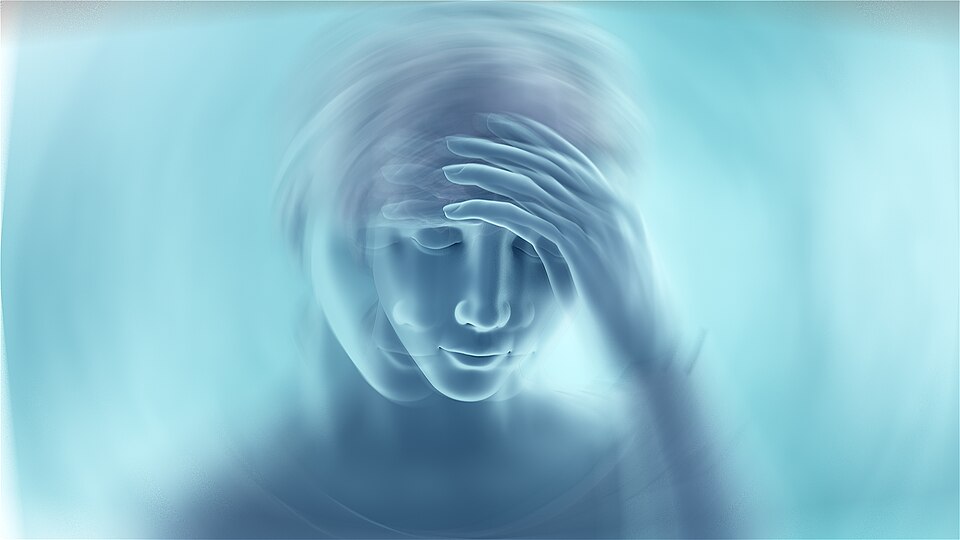Vertigo is more than just a momentary loss of balance. It’s a condition that can affect your quality of life, causing discomfort and impairing daily activities. Here is more on vertigo’s causes, impacts, and treatments to help you better understand this common condition:
Basics of Vertigo
Vertigo is the sensation that your surroundings are spinning or moving, even while you’re standing still. This dizzying experience can last anywhere from seconds to minutes or even hours in severe cases. Vertigo affects approximately 40% of Americans at some point in their lives.
Vertigo is a symptom, not a disease. It’s often connected to underlying issues in the inner ear or the central nervous system. Symptoms occur when specific parts of your body responsible for balance and equilibrium are thrown off. Some key culprits may include:
- Inner Ear Issues: The inner ear contains delicate structures that maintain balance. Conditions like benign paroxysmal positional vertigo (BPPV), labyrinthitis, or Ménière’s disease can disrupt this balance.
- Neurological Causes: Problems in the brain, such as stroke, brain injuries, or multiple sclerosis, may also lead to vertigo.
- Other Factors: Like head injuries, migraine conditions, and even certain medications.
Symptom Impacts
Peripheral vertigo (linked to inner ear problems) often involves balance-related issues, while central vertigo (linked to the brain) may bring more intense symptoms, like severe instability. The severity and combination of symptoms can vary widely from person to person. Disequilibrium often brings a mix of symptoms, like:
- Dizziness and Spinning Sensations
- Motion Sickness
- Headaches
- Loss of Balance
- Nausea and Vomiting
- Hearing Issues (Tinnitus or Hearing Loss)
Treatment Options
It’s key to consult a medical professional when dizziness persists, worsens, or is accompanied by other symptoms, such as severe headaches, vision changes, or difficulty walking. These could indicate a more serious condition that requires immediate attention. Several treatments are available, and the right approach depends on the underlying cause of your symptoms. Based on your symptoms, healthcare providers may conduct exams like electronystagmography (ENG) to diagnose balance disorders or EEG tests to evaluate brain activity.
Physical Therapy
Often, vertigo symptoms can be managed through specific physical maneuvers. The Epley maneuver is commonly used to reposition tiny particles in your inner ear that may be causing dizziness. This maneuver is best paired with an exercise plan tailored by a professional, which can help build stability and alleviate symptoms.
Medication Therapy
Medications offer temporary relief by easing symptoms, but they don’t treat the condition’s root cause. Medication is sometimes necessary to manage acute vertigo episodes. Options may include antihistamines, like cyclizine, or anti-inflammatory drugs, depending on the cause of symptoms. Motion sickness medications like meclizine may also be recommended to reduce the impacts of vertigo.
Vestibular Rehabilitation Training
Vestibular rehabilitation focuses on improving balance and reducing dizziness. Exercises often involve strengthening muscles, marching in place, and controlling eye movement. These programs are customized for each individual and are particularly effective for chronic cases.
Learn More About Vertigo Treatments
By identifying the cause and exploring targeted treatments, you can ease vertigo symptoms. Don’t hesitate to reach out to a healthcare professional who can recommend specialized care for your medical needs. Explore treatment options today.
